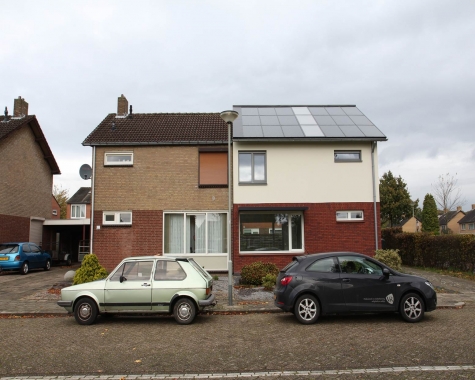Your roof has the power!
PV Financing project concludes making the case for the use of photovoltaic panels
Brussels, 7 July 2017 | Published in Energy, Economy
After 30 months, the project PV financing has gathered information on the various models for the use of photovoltaïc panels (PV) in the building sector as well as developed a simulation of cost savings by using PV energy.
The project was timely as it took place at time where France, Germany and Austria are implementing laws to promote self-consumption of renewable energy in the building sector and in particular in the social housing sector. On top of that, Article 21 of the draft revised Renewable Energy Directive promotes the self consumption of renewable energy as well as the possibility to sell excess electricity to the grid.
The use of renewable energy will become an increasingly important part of the fair energy transition in the housing sector. Mandatory renovation and new building standards that social housing providers have to achieve means that not only homes will have to be extremely well insulated, but that they will have to compensate the energy for heating and hot water by using renewable energy or efficient systems like heat pumps.. The production and use of renewable energy on site by social housing providers is increasing: the tenants consume the most part of it through self consumption and the excess is usually sold to the grid and benefit tenants in the form of net metering
For instance the system of net metering is an important element of the EnergieSprong model and should be applied in countries where housing providers and renovation/construction companies have agreed to this approach. The example of EnergieSprong (within the framework of the Transition Zero project) as well as the findings of PV financing should be included in future guidance note by the European Commission on the implementation of article 21 of the Directive.
